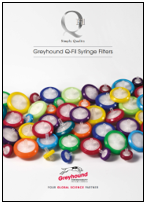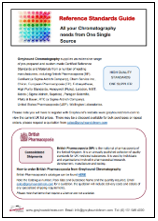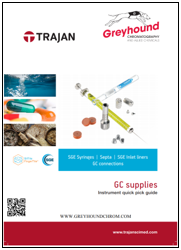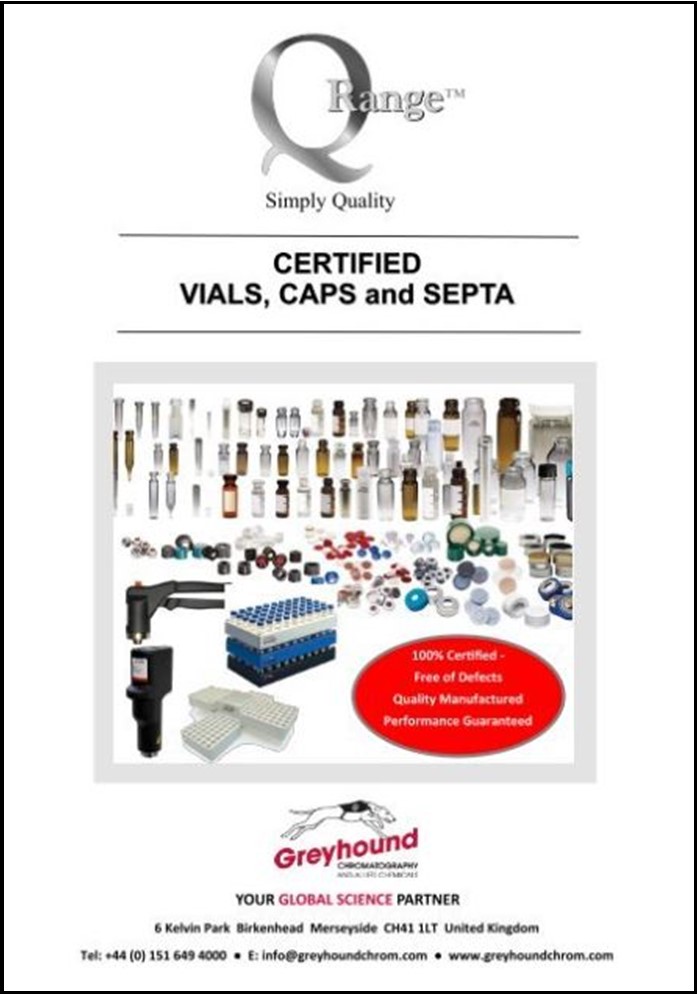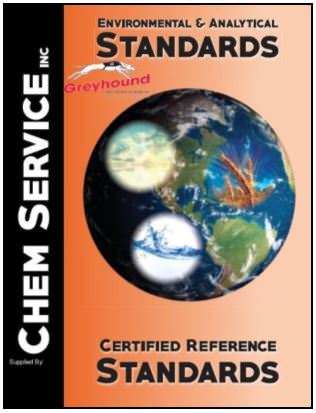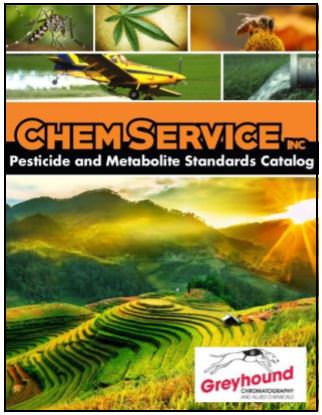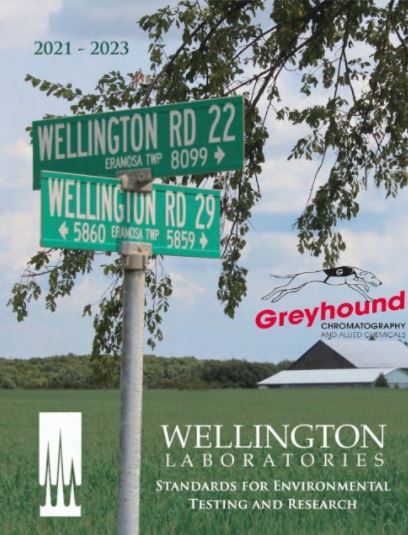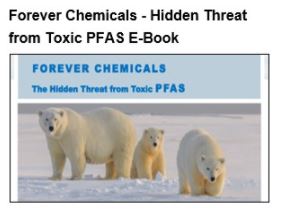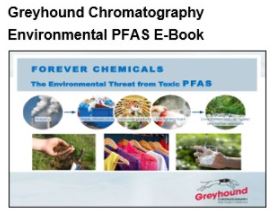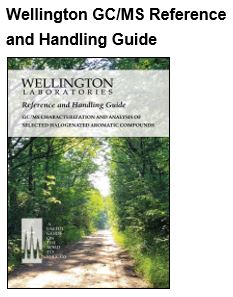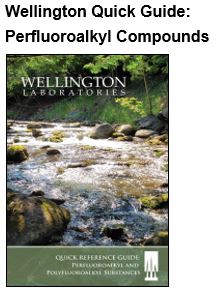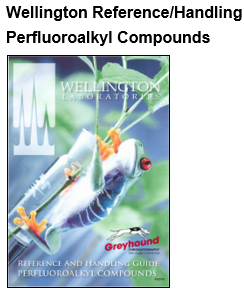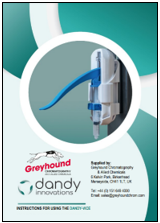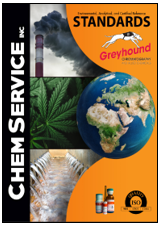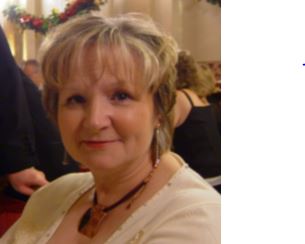How chemicals can help airplanes take off in winter weather

When winter weather blankets cities and suburbs in feet of snow and presents temperatures that stay below freezing for weeks on end, there's only one option to help airplanes get airbound – chemical deicers.
Why de-icing airplanes is important
If you work in a chemical lab that works on pesticides or drugs, you may have forgotten your basic physics, but if a plane's wings aren't specific shapes the aircraft won't fly. When ice and snow build up on the wings and body of the plane they interfere with aerodynamics of the aircraft and put everyone on board in danger.
U.S. airline pilot Daniel Fahl explained on CNN that without chemical deicers a plane wouldn't be able to fly.
"Not just removing, but also preventing a build-up of snow and ice on the wings and tail of an airplane is crucial for a safe take-off," Fahl wrote on CNN's website. "A plane's wings and rear tail component are engineered with a very specific shape in order to provide proper lift for flight. Snow and ice on these areas in essence changes their shape and disrupts the airflow across the surface, hindering the ability to create lift."
De-icing chemicals aren't like shovels or sand that are used to temporarily to remove the issue, but rather some are designed to adhere to the wing and prevent ice build-up in-flight and at high speeds. The plane also uses hot air and other systems to prevent ice build-up to protect the plane in-flight. This function is critical in the winter as well as the summer at high altitudes.
What's in chemical deicers?
Deicers allow a plane to maintain its perfectly engineered aerodynamic shape, but what makes them so effective against the snow and other elements that can bury entire regions under snow and cause hundreds of car accidents on icy roads? It's not salt.
Although salt is a popular option on roads for its ice-melting and friction-adding qualities, chloride salts are too corrosive for a plane, the American Chemical Society explains. Calcium, magnesium, potassium or sodium chloride salts would damage the airplane. It happens just as road salt can eat away at a car over time, except the damage would be much more expensive and potentially dangerous.
As Fahl explained, a simple deicer mixture is water and glycol. Propylene glycol (CH3CHOHCH2OH) and ethylene glycol (HOCH2CH2OH) are major components of many aircraft deicers, as they work to lower the freezing point of a substance rather than melting it in a potentially corrosive way, the ACS explained. The glycol mixtures may make up as much as 70 percent of a deicing mixture along with chemicals such as calcium magnesium acetate, sodium formate or sodium acetate. The ACS explained that deicers also may include a "surfactant, polymer thickening agent, pH buffer, corrosion inhibitor, flame retardant, or dye."
These chemical additives can have profound affects on water. Both are viscous liquids that can dramatically reduce the freezing point. Propylene glycol drops the freezing point of water to about -60 degrees Celsius, while ethylene glycol brings it down to about -50 degrees Celsius.
De-icing chemicals can also be used on airport runways and other parts of the apron. There are four types of chemical de-icers used at airports with varying dyes and viscosities. De-icing as well as the anti-icing chemicals that Fahl alluded to that help prevent mid-flight freezing, can be applied hot, at near boiling temperatures.
Union Carbide, Lyondell and Clariant are among the major de-icer providers for airports. It's a growing business. However, there have been concerns that de-icers are dangerous to the environment. They can contaminate waterways and ecosystems near the airport, which underscores the importance of proper used. Additionally, some animals are attracted to the poisonous substance because of its sweet flavour.
CONTACT US
Tel: +44 (0) 151 649 4000
Email: marketing@greyhoundchrom.com
FOLLOW US
YOU MAY ALSO BE INTERESTED IN OUR NEWSLETTER
About The Author
Susan Massie, Sales & Marketing Director, Greyhound Chromatography and Allied Chemicals Email: sue@greyhoundchrom.com
Susan Massie is the Sales & Marketing Director for Greyhound Chromatography and Allied Chemicals, affectionately known as 'Greyhound' in our scientific community. Greyhound was founded by Susan's husband Paul Massie more than 40 years ago, Susan hasn't been in the business for all of that time but has been involved with Greyhound for over 19 years. Greyhound continues to grow, expanding into new markets and taking on the challenges of our ever changing environment. It's heartwarming to witness the world waking up to the fact that we are damaging our planet on a daily basis. Every action we take has a direct effect on our planet and the world we leave behind for future generations. Susan is passionate about climate change and is happy to work in an industry that can have a direct effect on reducing the impact of our actions on the environment. All of the team at Greyhound take our responsibilities very seriously, the products that we supply are used by the world's leading scientists and chemists as they endeavour to monitor and repair the environment. All is not lost, if we all take responsibility for our actions, from reducing our waste and reusing or recycling our material collateral we can make a difference. The internet is full of useful advice and guidance, Susan is proud to contribute to that wealth of knowledge whenever she can.
Greyhound prides itself on personal service which provides prompt, efficient, cost-effective, safe delivery of all products. Greyhound provides technical advice and distribution of Certified Reference Standards and Materials, Laboratory Consumables, Solvents and Reagents across all scientific disciplines. Greyhound Chromatography offers over 1 Million products from its UK warehouse. The team at Greyhound are proud to support the work of the world's leading scientists and chemists as they challenge the abuse of our planet and try to make a difference to the world we leave behind for our ancestors.
You can view Susan's Linked In Profile here https://www.linkedin.com/in/susan-massie-79ab4121/
You can view Greyhound Chromatography’s LinkedIn page here https://www.linkedin.com/company/greyhound-chromatography/


